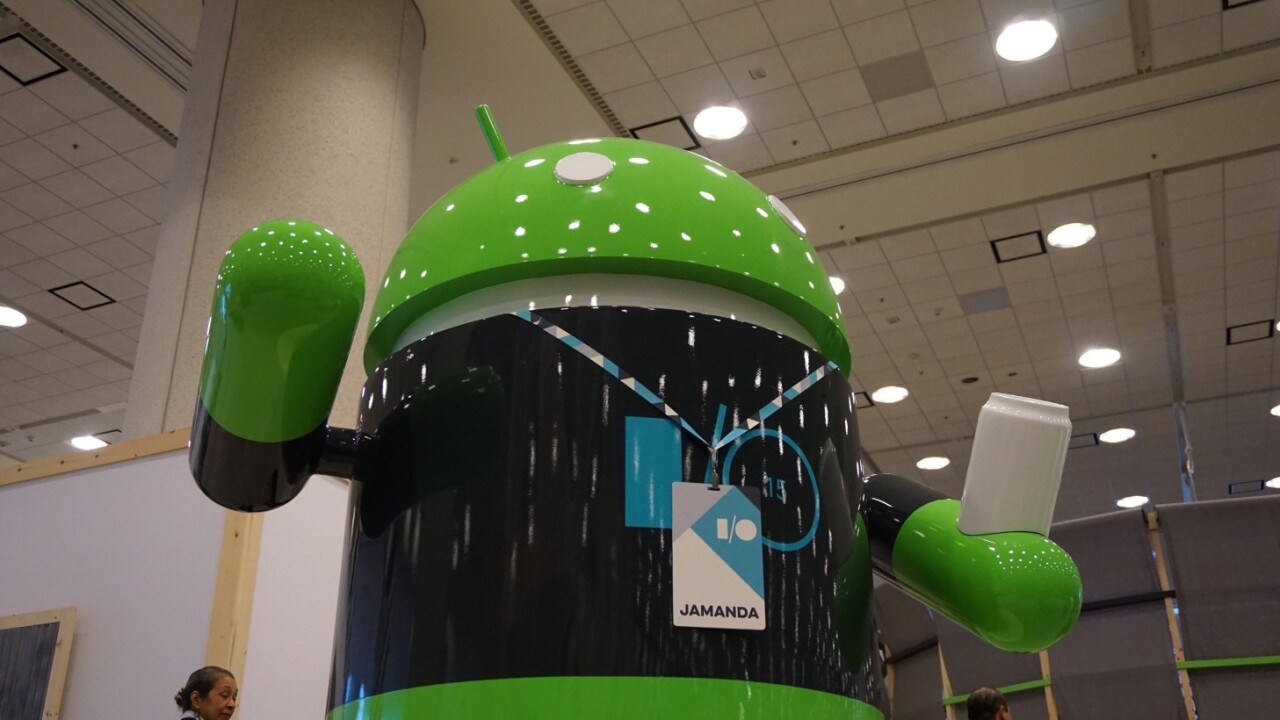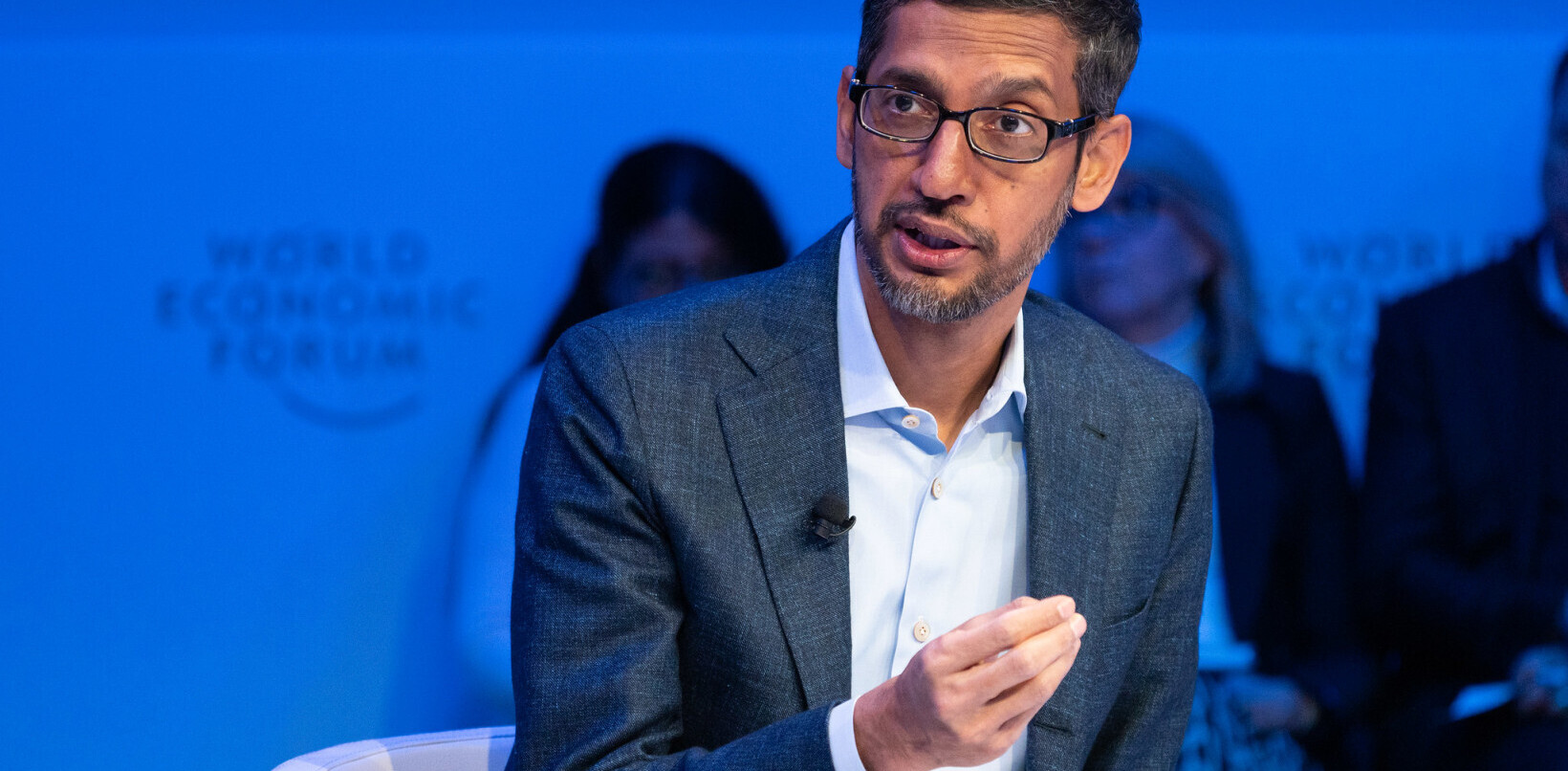
Google’s Android operating system could be about to get a big overhaul after a European antitrust investigation accused the company of breaching competition law.
Google makes around $11 billion from advertising within its apps, according to the Guardian, and the European Commission has now presented findings that say it’s actually favoring services like Search, Play Store and Chrome over competitors’.
According to the report, that’s being done by forcing handset makers and operators to pre-load them, with the accusation it’s even used “financial incentives” to ensure its services are the “default” or even “exclusive” ones present on different devices.
After a year-long investigation Margrethe Vestager, European competition commissioner, explained at a press conference:
Dominant companies have a responsibility not to abuse their dominant position by restricting competition. Our preliminary view is that Google has abused its dominant position…
The Commission is concerned that Google’s behavior has harmed consumers by stifling competition and restricting innovotion in the wider mobile space… The result of behavior is that search engines, operating systems and web browsers have not been able to compete on merit.
Android is the world’s top operating system and runs on more than 80 percent of handsets in Europe, while enjoying more than 90 percent share of the search market share here, the commissioner said.
Vestager added:
Google may have to change the way they do business and they may face fines. We believe this is necessary to effectively protect European consumers.
The European Commission has the power to fine companies up to 10 percent of their global revenues, which totalled some $74.5 billion for Google in 2015.
Google’s Kent Walker, senior VP and general counsel, has responded by saying that its partner agreements are “entirely voluntary” and that “any manufacturer can then choose to load the suite of Google apps to their device and freely add other apps as well.”
He added:
Of course while Android is free for manufacturers to use, it’s costly to develop, improve, keep secure, and defend against patent suits. We provide Android for free, and offset our costs through the revenue we generate on our Google apps and services we distribute via Android.
Google now has 12 weeks to respond to the statement of objection from the EC and can request a hearing to discuss its objections to the investigation’s findings.
Get the TNW newsletter
Get the most important tech news in your inbox each week.




